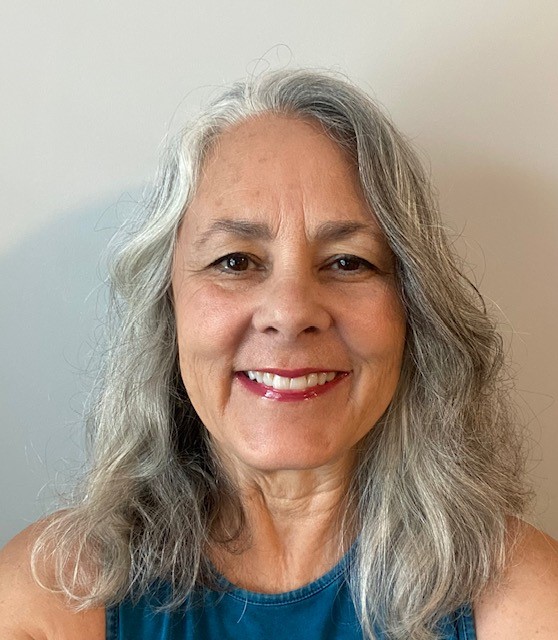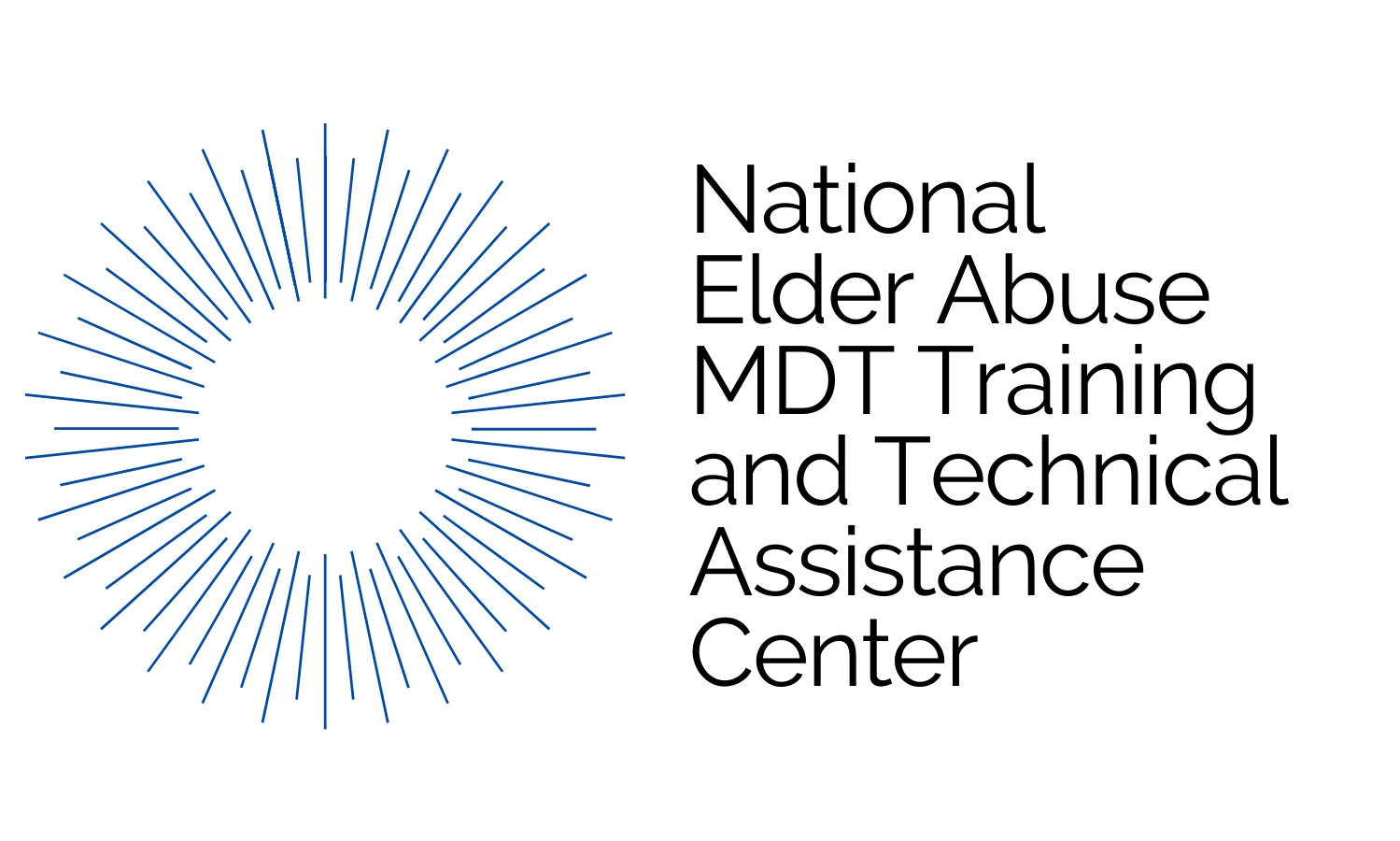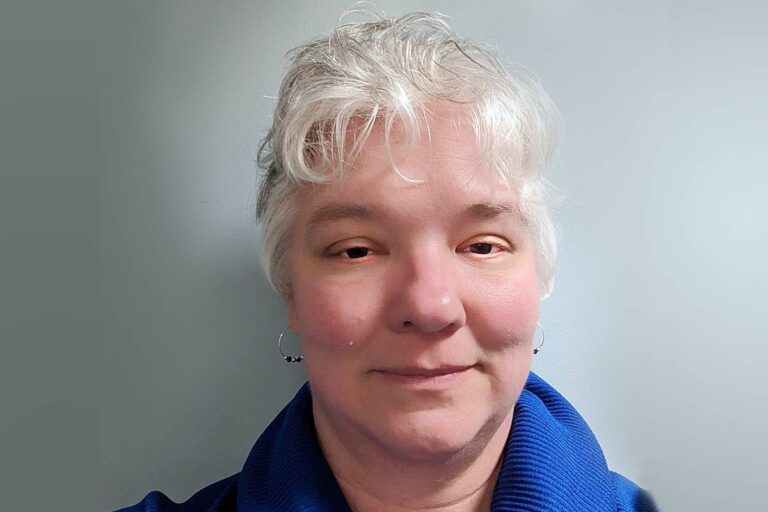
Martie Washington serves as a training partner for the
National Elder Abuse MDT Training and Technical
Assistance Center. She is the Abuse in Later Life Program
Coordinator at the National Clearinghouse on Abuse in Later
Life (NCALL), responsible for the coordination of
training/technical assistance activities for the Office on
Violence Against Women’s Abuse in Later Life Grant
Program recipients and other entities, as well as other
special projects. The National Center recently conducted a
webinar on this topic on 12/5/2023. You can access the
recording of that webinar here.
A Victim-Centered Approach
Law Enforcement comes in contact with a 72-year-old female who has just experienced a physical attack at the hands of her husband of 45 years. While the situation is intimate partner violence, the response does not extend to involving a domestic violence advocate in the case. This scenario is not uncommon, as domestic violence faced by older adults is often overlooked or ignored. It is imperative the professionals responding to these cases understand the unique dynamics of abuse in later life and how they can improve their response to these cases. Enhanced Multi-Disciplinary Teams (E-MDTs) are in an exceptional position to do this work of systemic change.
Supporting older survivors of domestic violence requires professionals to set aside any ageist views that domestic violence only impacts younger adults or that older adults are not capable of making informed decisions on what is best for them. Consider the following when working with an older adult:
- Age may play a role in the way older survivors perceive abuse and how they seek help. Consider the barriers to reporting abuse in later life and safety plan according to the survivor’s priorities.
- Older survivors may define healing and justice differently than younger survivors. Taking into consideration the older survivor’s values, generational context, andhistory can assist in tailoring an effective response.
- Cases involving older survivors are complicated, and it is highly unlikely that one agency can meet all the needs of that older person. Collaboration is key. What can E-MDTs do? Involve agencies focusing on domestic and sexual violence on your E-MDT, and understand protocols for shelter, confidentiality, and support groups. Engaging with these service providers can bring additional resources around intimate partner violence into the case discussion when working with a survivor of domestic violence. Seek out training opportunities to broaden your knowledge base and learn strategies for supporting older survivors. Engage in Domestic Violence Awareness Month, including information on working with older survivors and distributing materials in areas frequented by older adults. E-MDTs are an excellent place to strengthen collaboration and communication channels between partner agencies.


